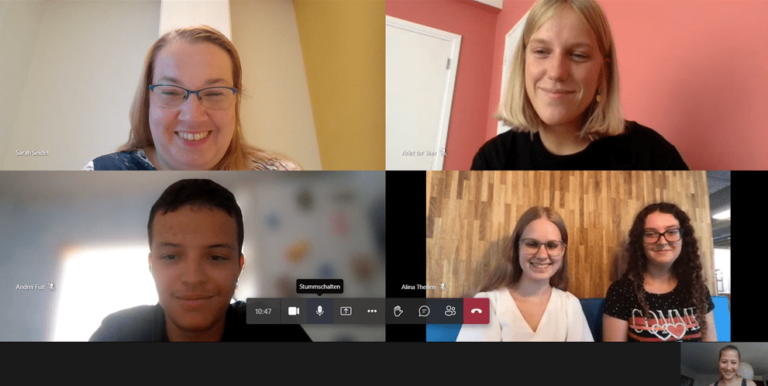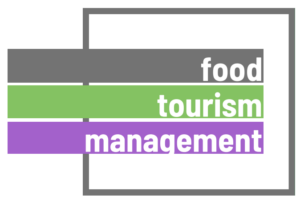This website uses cookies so that we can provide you with the best user experience possible. Cookie information is stored in your browser and performs functions such as recognising you when you return to our website and helping our team to understand which sections of the website you find most interesting and useful.
Food Tourism Development Guidelines
Collaboration with Stenden University

Food Tourism Research Project
We are excited to share that FTM is collaborating with the students of the Tourism Management Bachelor study programme at NHL Stenden University of Applied Sciences in the Netherlands. In their Tourism Research Project module, students work together with businesses from the industry. Their purpose is to apply their research skills to the practical field. Furthermore, they seek to find sustainable and innovative solutions for problems in the tourism industry. In this project, Food Tourism Development Guidelines will be developed based on primary and secondary research. Those guidelines aim at solving the problem of mismanaged (food) tourism destinations.
managing food tourism is required
Many destinations still do not consider their local food heritage as a tool for increasing and improving tourism. This is why food tourism is often recognised as a slowly developing tourism type. Over the past years, however, food tourism has gone through an unparalleled development. It inevitably forces destination stakeholders to get involved in its management (Ellis, 2018). Not only because of the opportunities food tourism brings, but also to countersteer negative influences of tourism, it is crucial to develop a strategic food tourism concept. It builds the basis for managing food tourism at a destination. Therefore, FTM offers workshops in which sustainable food tourism concepts for destinations will be created.
creating step-by-step food tourism development guidelines
Under the supervision of Dr. Sarah Seidel, lecturer and food tourism researcher, the students Arlet ter Veer, Andrei Fiat, Alina Theilen and Hana Križnjak (picture) create step-by-step guidelines for developing food tourism sustainably at a destination. The Food Tourism Development Guidelines will serve as a supporting document for FTM’s workshops. They will underline the importance of managing food tourism strategically and sustainably.
The research will focus on which actions need to be followed in order to construct a food tourism concept for destinations. Consequently, current frameworks of the development of food tourism will be investigated. Moreover, already existing tourism development plans form part of the research. Additionally, destinations in which food tourism is already established will be compared to places with potential for growth.
managing food tourism sustainably
In particular, the Food Tourism Development Guidelines will be useful for destinations and their stakeholders. First of all, Destination Marketing Organisations (DMOs) and Destination Management Companies (DMCs) can make a crucial impact when it comes to promoting the destination’s food culture. They have the power to steer food tourism in a direction which is benefitial for locals, tourists, the ecnonomy and nature. As food tourism is growing worldwide, they should not doubt its impact but rather manage it strategically. Hence, having laid out a food tourism concept beforehand will help to shape (food) tourism more sustainable, so that it actually has the chance to benefit the entire community.
Local businesses benefit from food tourism development guidelines
Secondly, through a thoughtfully created food tourism concept, local entrepreneurs operating in the culinary (tourism) field will be made aware about opportunities and threats in the industry. It will help them to offer their culinary (tourism) products more effectively and sustainably to the right customers.
Next steps
FTM is looking forward to working together with Stenden University on the Food Tourism Development Guidelines during the next months.
If you are interested in the outcome of the research or need help in shaping your (food tourism) destination, please do not hesitate to contact us here.
Laureen Rashof, 13.09.2022
Sources
Ellis, A., Park, E., Kim, S., & Yeoman, I. (2018). What is food tourism? Tourism Management, 68, 250–263. Retrieved from https://doi.org/10.1016/j.tourman.2018.03.025
